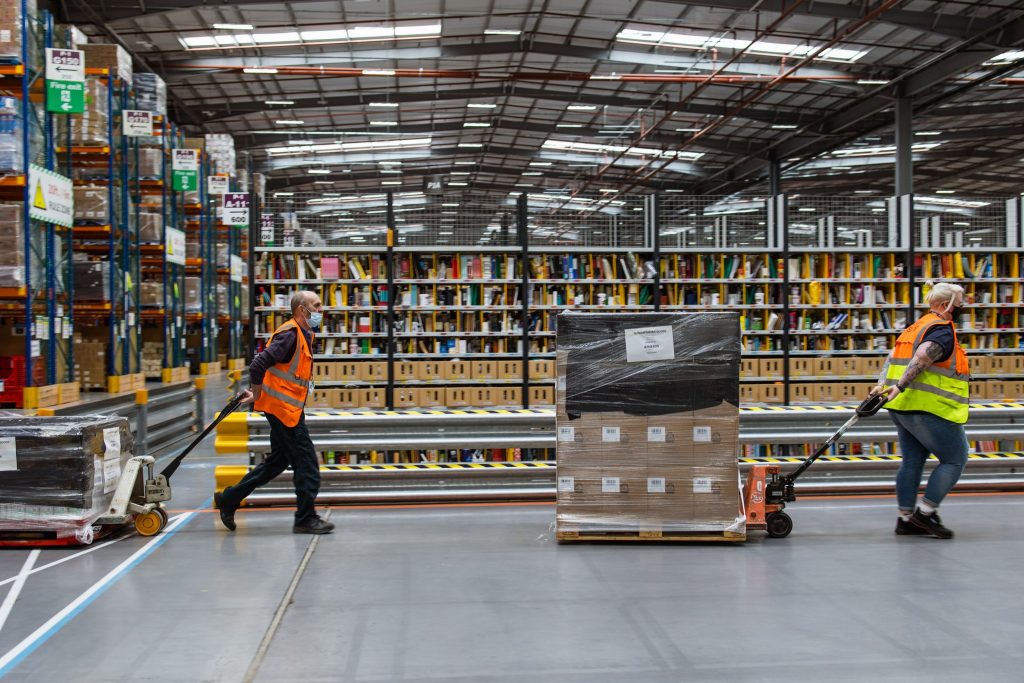Knight Frank, a prominent global real estate advisor, has unveiled its 1H23 Asia-Pacific Logistics Markets report. This report illuminates the sustained growth within the logistics real estate sector across the region.
Examining prime logistics rent in 17 key APAC cities, the report showcased an impressive average year-on-year increase of 10.4%. This upsurge was predominantly driven by the swift rental growth in Manila, despite prevailing economic challenges during the same period.
This growth story stands out, particularly considering the sluggish GDP expansion in mainland China and the uncertain global economic outlook.
Key Insights:
- Most cities in Southeast Asia demonstrated stable or improved rental rates. Manila emerged as the leader in year-on-year rental growth in the Asia-Pacific region, propelled by consistent e-commerce demand.
- Anticipated high supply levels in mainland China are expected to soften rental prices in Beijing and Shanghai throughout 2023, aligning with an increase in vacancy rates.
- Jakarta deviated from the broader regional trend, experiencing declining rents. Nonetheless, short-term trends indicate a mild slowdown. Half-yearly rental growth decreased by 4.8%, compared to 5.3% six months earlier, marking a nuanced shift in Jakarta’s rental market dynamics.
- As the e-commerce sector’s demand normalizes, the focus on optimizing logistics infrastructure has fueled the need for modern facilities. There’s a continued preference for high-quality facilities in central locations and last-mile positions, driving leasing activity in the region.
- Looking forward to the second half of the year, the report predicts that while the persistent scarcity of quality spaces will drive rent increases, cautious occupier behavior will likely temper the pace of growth.
Tim Armstrong, global head of occupier strategy and solutions, Asia-Pacific at Knight Frank, commented, “Even in the face of robust demand in the Asia-Pacific logistics sector, sustained by the enduring allure of quality spaces, we anticipate growth to be held in check by cautious occupiers.
“In the medium term, concerns regarding rising interest rates and slower growth are expected to impact consumer spending and consumption in the region. Consequently, businesses are likely to maintain lean inventory levels and streamline supply chains, leading to a moderation in sector demand and fostering opportunities for sub-leasing.”
Christine Li, head of research, Asia-Pacific at Knight Frank, added, “Conditions within the Chinese mainland market are diverging from the rest of the region, as its economy continues to underperform.
“However, this is counterbalanced by more positive sentiment in other areas, where demand growth outpaces new supply. Long-term structural fundamentals also continue to drive demand in emerging Southeast Asian markets, along with India, which is progressively gaining prominence in the global manufacturing supply chain.
“Overall, the region’s logistics sector remains in a period of adjustment, as e-commerce demand adapts to a new post-pandemic cycle, a trend that will persist into the latter half of 2023. Anticipated supply-induced rental increases are likely to moderate as occupiers adopt a more discerning approach, prioritizing the future resilience of their logistics setups.”

























